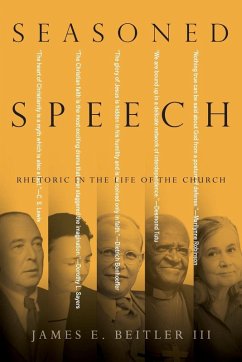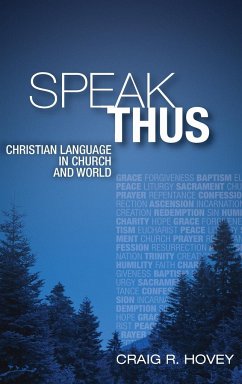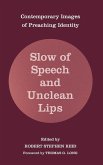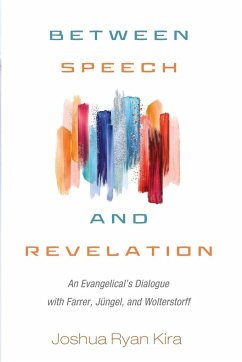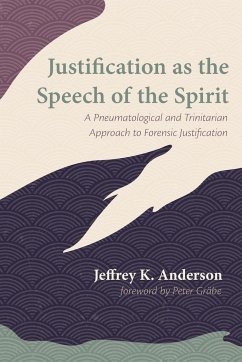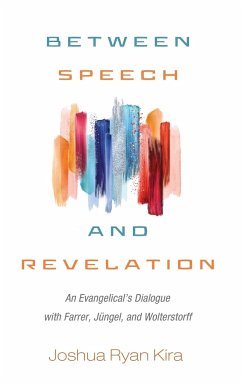The Christian faith depends to a great degree on persuasion. In one of his letters to early Christians, the apostle Paul wrote, ""Let your speech always be gracious, seasoned with salt, so that you may know how you ought to answer everyone"" (Col. 4:6). Yet rhetoric-the art of persuasion-has been largely ignored by most Christians. In this book, James Beitler seeks to renew interest in and hunger for an effective Christian rhetoric by closely considering the work of five beloved Christian communicators: C. S. Lewis, Dorothy L. Sayers, Dietrich Bonhoeffer, Desmond Tutu, and Marilynne Robinson. Moreover, he situates these reflections within the Christian liturgical seasons for the essential truths they convey. These writers collectively demonstrate that being a master of rhetoric is not antithetical to authentic Christian witness. Indeed, being a faithful disciple of Christ means practicing a rhetoric that beneficially and persuasively imparts the surprising truth of the gospel. It means having seasoned speech.
Hinweis: Dieser Artikel kann nur an eine deutsche Lieferadresse ausgeliefert werden.
Hinweis: Dieser Artikel kann nur an eine deutsche Lieferadresse ausgeliefert werden.

